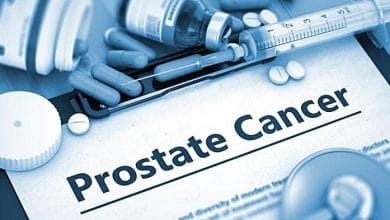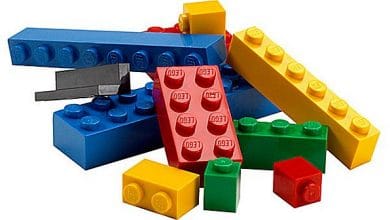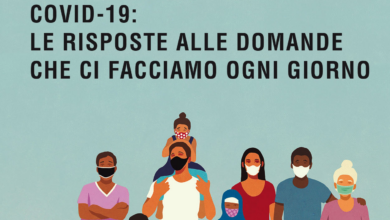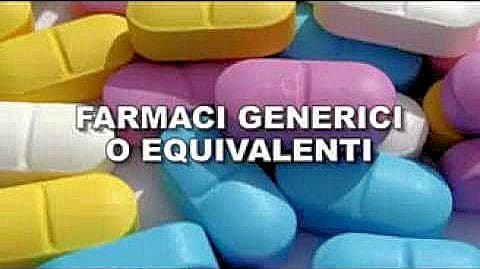
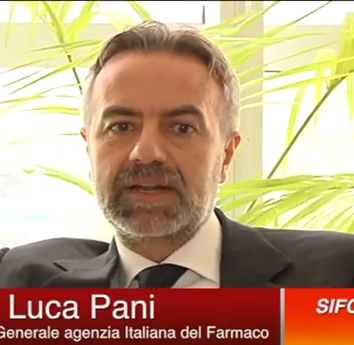 The Italian Medicines Agency (AIFA) has produced the guide "Equivalent Medicines – Quality, safety and efficacy”, with the intention of providing doctors, pharmacists and patients with a quick consultation tool on equivalent medicines. The guide was drawn up by the Agency's Scientific Information Office on the basis of recurring questions regarding this specific category of medicines which are Drugs-line service.
The Italian Medicines Agency (AIFA) has produced the guide "Equivalent Medicines – Quality, safety and efficacy”, with the intention of providing doctors, pharmacists and patients with a quick consultation tool on equivalent medicines. The guide was drawn up by the Agency's Scientific Information Office on the basis of recurring questions regarding this specific category of medicines which are Drugs-line service.
“The equivalent (generic) medicine must be seen” explains the Director General of AIFA, Luca Pani in the preface “like any other medicine, with a view to compliance with the quality, safety and efficacy requirements of which AIFA is the guarantor and as an opportunity to free up economic resources to invest in the entry of new life-saving medicines”.
The publication deals systematically with the topic, starting with a historical excursus on the introduction of generic drugs into the Italian regulatory system, which took place about 20 years ago.
The guide has the intention of dispelling the doubts and perplexities that still persist with respect to this important therapeutic resource and during the reading many of the preconceptions and "false myths" about equivalents are debunked.
The starting point is the definition of the constituent characteristics of an equivalent medicinal product or "a medicine which, in addition to containing in its formulation, the same amount of active principlealso has bioequivalence, demonstrated by appropriate bioavailability studies, with another reference medicine (better known as a 'branded', 'branded' or 'brand' medicine) with patent expired”.
The document clarifies both the process and the requirements necessary to ensure that an equivalent medicinal product is authorized and placed on the market.
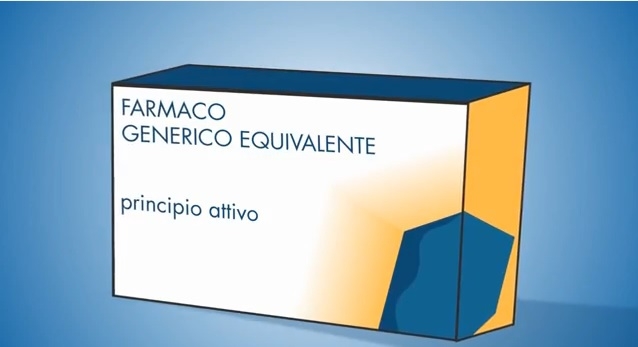 One of the most frequent misunderstandings concerns the terminology used to describe generic medicines, which are often called "generics". The term "generic medicine” is the Italian translation of the definition “generic medicinal product” reported in Directive 2001/83, a literal translation which has turned out to be rather misleading. The adjective "generic" is in fact associated with a product that is not specific enough and possibly perceived as inferior to the original. Even if with Law 149 of 26 July 2005 the denomination of "generic medicine" had in fact been replaced with that of "equivalent medicine", in common parlance the incorrect use of the first often persists.
One of the most frequent misunderstandings concerns the terminology used to describe generic medicines, which are often called "generics". The term "generic medicine” is the Italian translation of the definition “generic medicinal product” reported in Directive 2001/83, a literal translation which has turned out to be rather misleading. The adjective "generic" is in fact associated with a product that is not specific enough and possibly perceived as inferior to the original. Even if with Law 149 of 26 July 2005 the denomination of "generic medicine" had in fact been replaced with that of "equivalent medicine", in common parlance the incorrect use of the first often persists.
Among the focuses contained in "Equivalent Medicines" there are specific ones dedicated to the quality, safety and efficacy requirements of these medicines, which are in all respects identical to those envisaged for the other types.
“Data obtained from established use of the reference medicinal product” adds Luca Pani “over the years, make it possible to outline a more defined risk/benefit profile for this type of medicine than is possible for any new medicine”.
The curiosities relating to the concept of bioequivalence between two medicines are also exhausted, which is, in summary, the demonstration of the therapeutic equivalence between two formulations containing the same active principle.
"Two medicines are bioequivalent" reads the AIFA Guide "when, with the same dose, their concentration profiles in the blood with respect to time are so similar that it is unlikely that they will produce significant differences in the effects of efficacy and safety".
Finally, a section is dedicated to the cost of equivalents, which are at least 20% cheaper than the reference medicines. The document explains that this difference is due to the fact that companies producing equivalents do not have to invest resources in research on the molecule, being the active principle already known, and do not have to conduct either preclinical studies or clinical trials to demonstrate the efficacy and safety of the medicinal product in humans.
Download and consult Equivalent Medicines – Quality, safety and efficacy
AIFA - Press Release 460 – 21/12/2015
Related news: The EU bans 700 generic medicines produced in India
Asl study: too many generic drugs worsen adherence to therapy
Certain drugs a little too generic
The generic drug: numbers and dimensions September 2015


